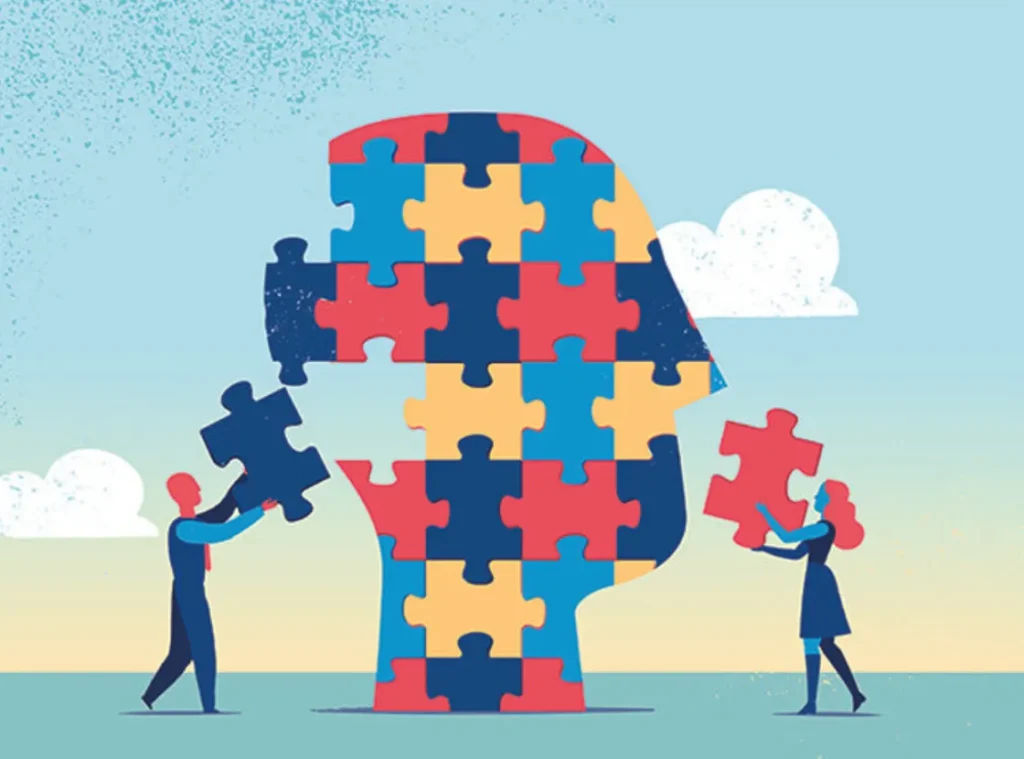Every day, we are faced with countless decisions, from what to eat for breakfast to more complex choices like career moves or financial investments. While some decisions are made almost unconsciously, others require more careful consideration and analysis. Understanding how we make these choices and the factors that influence them can provide valuable insights into our behavior. In fact, the principles behind decision-making extend across various fields, including areas like online betting, where individuals are constantly weighing risks and rewards, even in non-gaming contexts.
The psychology behind decision-making is a fascinating field that examines how people process information, evaluate options, and ultimately make choices. One of the key elements is the role of cognitive biases—systematic patterns of deviation from rationality. These biases often lead people to make decisions that seem logical on the surface but are influenced by hidden mental shortcuts. In areas like online betting, where quick decisions are common, these biases can have a significant impact, encouraging individuals to take risks based on emotions rather than objective analysis.
One of the most well-known cognitive biases is “confirmation bias”, which leads people to favor information that confirms their pre-existing beliefs. This bias can be seen not only in personal choices but also in professional environments, from business investments to health decisions. For example, if someone believes that a certain strategy will yield positive results, they may selectively seek out information that supports that belief, while ignoring data that contradicts it. In the world of online betting, this bias can manifest when players focus on past wins, convincing themselves that a similar outcome is guaranteed, even if the actual odds suggest otherwise.
Another key factor in decision-making is the concept of “risk tolerance”. Different people have different thresholds for risk, and these differences can shape how decisions are made. Some people are naturally more risk-averse, preferring to play it safe and avoid uncertainty, while others are willing to take bigger risks for the possibility of higher rewards. This divergence in risk tolerance is evident in everything from financial markets to online platforms, where users engage in calculated risk-taking. Online betting, for example, capitalizes on varying levels of risk tolerance, offering a range of options for users with different approaches to risk and reward.
Emotion also plays a crucial role in shaping decisions. While we like to think that we are rational beings, emotions like fear, excitement, and anxiety often drive our choices. This is why decisions made under stress or pressure tend to be less rational and more impulsive. Emotional decision-making is common in many aspects of life, from personal relationships to professional choices, and platforms that involve decision-making, such as online betting, often tap into these emotional triggers. The excitement of potential wins or the fear of loss can cloud judgment, leading to decisions based more on feelings than facts.
Interestingly, “choice overload”—the phenomenon where having too many options leads to decision fatigue—can also impact decision-making. While having multiple options can feel empowering, it can also be overwhelming. The mental effort required to compare and evaluate numerous possibilities can lead to paralysis by analysis, where making no decision at all seems easier than choosing between many alternatives. This is particularly relevant in the modern digital age, where consumers are bombarded with information and choices, from product selections to platforms that offer engaging experiences, like online betting. Streamlining choices or breaking decisions into smaller steps can help mitigate the effects of choice overload.
Another important consideration is the “sunk cost fallacy”, where people continue to invest time, money, or effort into something simply because they’ve already made significant investments, even when it’s clear that the outcome will not be favorable. This is often seen in personal relationships or business projects, where individuals feel compelled to keep going because they don’t want their previous efforts to be wasted. Similarly, in online betting environments, people may continue placing bets even after a series of losses, hoping to recover what they’ve already spent, despite the logical odds being against them.
In conclusion, understanding the psychology of decision-making can offer valuable insights into how people evaluate options, weigh risks, and ultimately make choices. Whether in day-to-day decisions or more significant life choices, cognitive biases, emotions, risk tolerance, and external factors all play a role in shaping outcomes. Even in areas like online betting, the principles of decision-making apply, demonstrating how small choices, driven by complex psychological factors, can lead to big outcomes. By becoming more aware of these influences, individuals can make more informed and balanced decisions, both in everyday life and in more complex scenarios.

